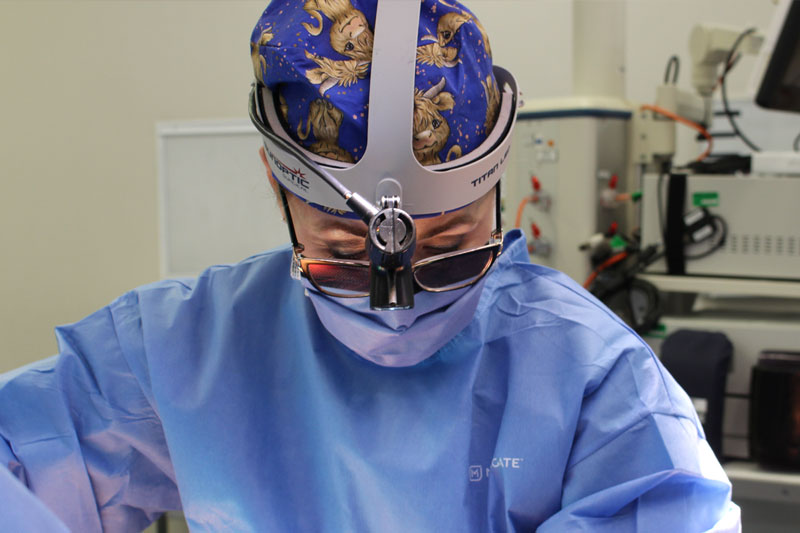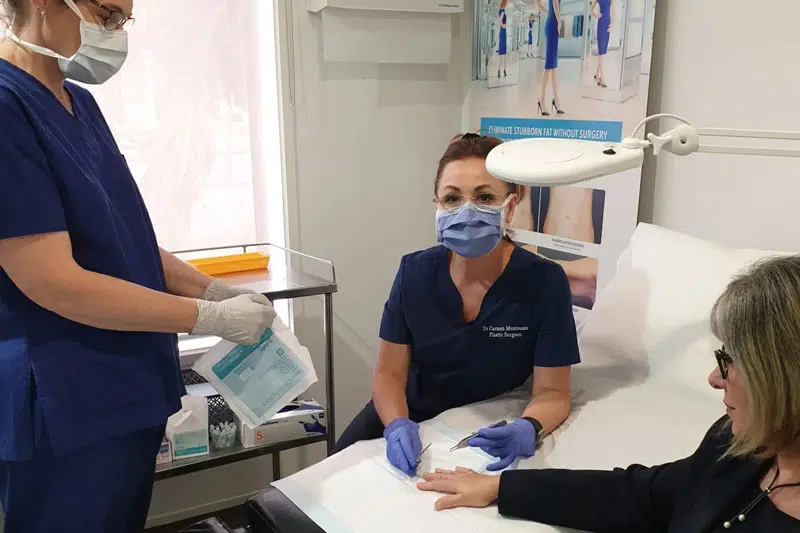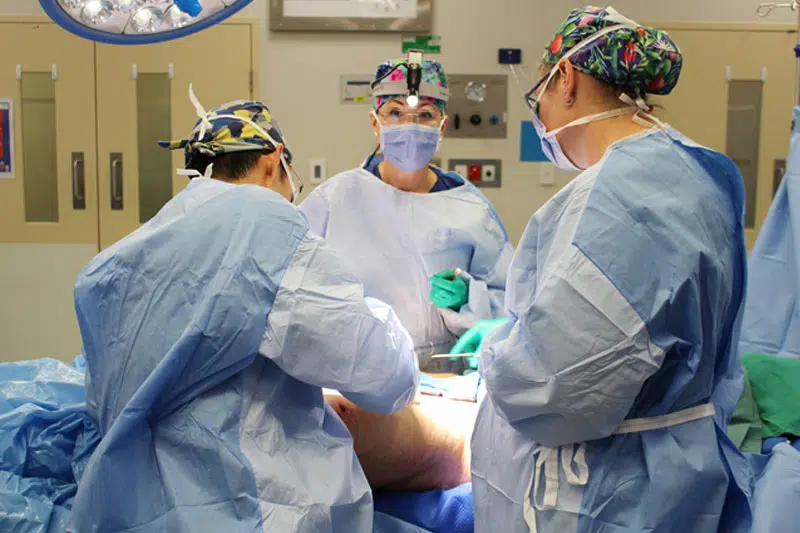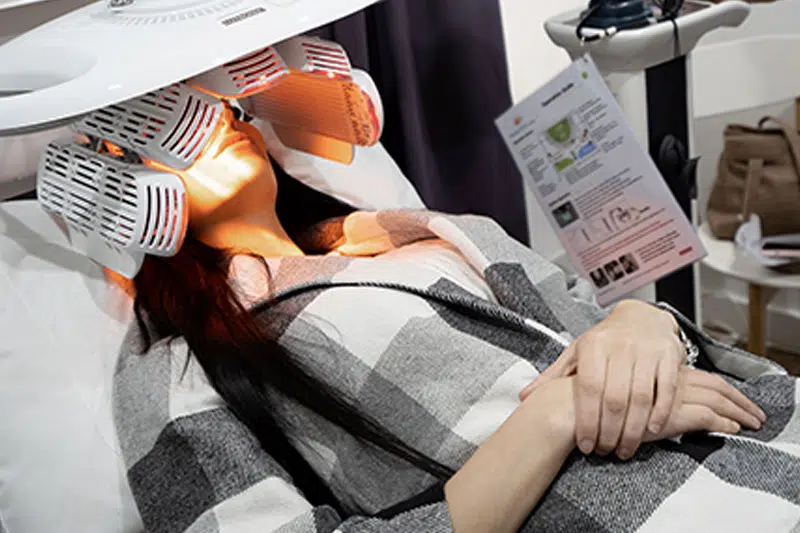10 Tips to Optimise Recovery and Wound Care After Surgery
Recovering from surgery is a gradual process, and how you care for yourself during this time can influence your healing and overall outcome. While each person’s recovery journey is unique, there are practical steps you can take to support wound care and reduce the risk of complications. In this guide, we’ve outlined 10 important tips to help you prepare and recover with care following your procedure.
Download Dr Carmen’s Guide to Cosmetic Surgery Recovery
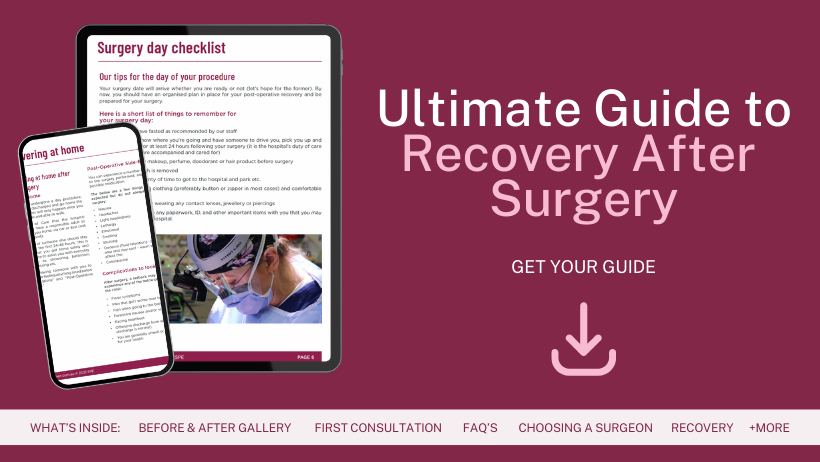
Read Dr Carmen’s Recovery Blog for Your Specific Surgery
- Recovery after Tummy Tuck/Abdominoplasty Surgery
- Recovery after Liposuction
- Recovery after Body Lift/Circumferential Abdominoplasty Surgery
- Recovery after Thigh Lift/Thighplasty Surgery
- Recovery after Arm lift/Brachioplasty Surgery
- Recovery after Post Pregnancy Surgery
- Recovery after Gastric Sleeve Surgery
- Recovery after Breast Reduction/Reduction Mammoplasty Surgery
- Recovery after Breast Lift/Mastopexy Surgery
- Recovery after Male Breast Reduction – Gyno
- Recovery after Labiaplasty
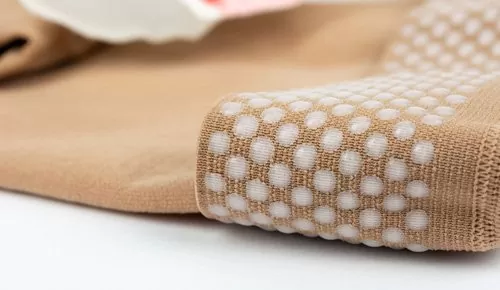
1. Look after your surgical dressings after surgery
Make sure all post-operative dressings remain intact until removed in the clinic. The dressings chosen are specific to the type of surgery performed and scar reduction relies on the dressings remaining intact for as long as possible. If you feel the dressings are peeling off at any time secure the area with a simple dressing like Elastoplast (if tolerated) and contact the clinic as soon as possible to notify us of your concerns.
All Dr Carmen’s post-op dressings can be worn in the shower. A daily light shower is recommended. Allow the dressings to air dry or a low heat hairdryer.
2. How garments help your recovery after surgery
How long should I wear my post-op garment? The short answer is, as long as possible or as long as Dr Carmen recommends. Although it is often expressed as, hot, firm and difficult to put on and remove. It provides vital support to the operative area and surrounding tissue. It reduces unnecessary wound strain on the scar line, supporting the body to focus on wound healing and controls the risk of fluid building up in the surrounding tissue. For optimal surgical outcomes, it is vital that recommended garments and additional support (Tubigrip) is worn as advised. If you are struggling to wear it or it seems uncomfortable please let us know as other strategies to manage this may be devised.
3. Quality Nutrition is essential for recovery after surgery
It may seem obvious, but eating well helps your wound heal after surgery. This is especially critical for post weight loss surgery patients.
Due to the mechanics of gastric reduction surgery and the adapted internal structure of your gut, your body’s ability to absorb and process adequate levels of essential nutrients can be affected. This is not usually an issue when you are in peak health but can present challenges at times of stress such as following surgery, when the healing process requires greater nutritional support to allow effective and timely healing to take place.
Plan your meal times differently, aim for half the quantity but twice the opportunity. This means spreading out your intake throughout the day. Rather than your usual 3 larger meals increase your opportunity to include breakfast, morning tea, lunch, afternoon tea, dinner and supper. The quantities can be small such as a yogurt for morning tea or cheese and crackers for supper. A slow and sustained intake allows your body to utilise the nutrients you are consuming.
4. What should you eat to help your Body recover from surgery?
Focus your intake on Protein in particular, make sure you incorporate it into every meal in some form whenever possible. Suitable foods including, lean meats: – fish, chicken, beef and pork, sliced meats, eggs, lentils, beans, mushrooms, low fat dairy products, nuts and seeds.
Increased protein intake is vital to support collagen formation within the skin tissues, promoting timely wound healing. It helps your body to feel full and gives energy that can be used readily.
You can revert to protein shakes as a morning tea or supper option if you wish but it is always recommended to try to source protein through foods unless you are unable to do so.
Food containing Vitamin D
Vitamin D also helps support wound healing potential. Suitable foods are fatty fish (Tuna, Salmon, Mackerel), dairy products, eggs, soy milk and orange juice.
Balance this with fresh fruit, vegetables, and fibre intake.
Food containing Vitamin C
You may be aware of the usual citrus foods such as oranges, lemon, lime or grapefruit but have you considered other fruit and vegetable containing high levels of vitamin C. These include Pineapple, Papaya, Mango, Kiwi Fruit, Strawberries, Cantaloupe, Kale, Broccoli, Brussels Sprouts, Cabbage, Capsicum and Cauliflower.
Vitamin C is an important factor in Collagen formation, directly affecting wound healing. Vitamin C is also a diuretic meaning it helps to shift that excess post op fluid that your body may be holding on to.
Reduce carbohydrates and sugars to a third of your daily intake or less. These energy rich foods are not valuable when your body should be resting and healing as much as possible.

5. Supplements may also help your recovery after body lift surgery
L-Arginine Supplementation
L-Arginine is an amino acid that the body produces on its own, but during times of physical stress—such as illness, surgery, or recovery—your body’s demand for it may increase. Supplementing with L-Arginine may assist the body’s recovery processes by supporting blood flow and tissue repair. This supplement is available in various forms, including tablets, powders, and drinks, and can be found at many pharmacies and health food stores. As with all supplements, it’s important to speak with your healthcare provider before beginning use.
Vitamin D Intake
Vitamin D plays a role in bone health and immune function. While supplements are available, it is generally recommended to include foods naturally rich in vitamin D in your diet. These can include fortified dairy products, egg yolks, and certain types of fish. Any supplementation should be discussed with your healthcare provider.
Zinc and Wound Support
Zinc is a mineral involved in many aspects of the body’s healing processes. It is found in a range of protein-rich foods, such as meat, legumes, and nuts. While zinc supplements are available, obtaining it through your regular diet is often recommended unless advised otherwise by your healthcare provider.
6. Why you need to move slowly and gradually be more active after surgery
It is important that you maintain light daily activities like showering and moving position frequently to reduce pressures on your skin tissue.
Continued unrelieved pressure on skin can cause damage and negatively effect healing. When resting, sleeping and sitting change position frequently, using soft cushions to allow slight elevation or support to different areas therefore reducing the potential of unrelieved pressure. Ask Dr Carmen’s team for tips specific to your needs.
As the days progress into weeks additional activities can be included such as one or two light short walks. Please note any exercises beyond this must be discussed with Dr Carmen or her team to make sure there is no unnecessary strain placed on post-operative wounds.
Take the time to sit outside daily in a shaded spot. Do not allow sunlight directly to healing tissue/ dressings or patchy permanent pigmentation could occur.
Avoid any heavy lifting until advised by the clinic, seek help from family and friends with any dependent small children you need to make sure you are not overstraining yourself whilst your body is working hard to heal itself.
7. Rest and Sleep after surgery
It’s important that your household understands you will need to rest quietly at home for an extended period in the weeks following surgery. Recovery is a time to prioritise your well-being and it’s helpful to avoid additional demands during this period.
If you experience swelling in your lower legs or ankles, elevating your legs while lying down, such as during a midday rest, may offer some relief. Discuss any swelling concerns with your surgical team.
Getting adequate rest plays a vital role in recovery and wound healing. Aim to prioritise sleep by incorporating a short nap during the day and maintaining an early bedtime. Try to limit strain where possible, as stress can impact the recovery process.
Keep in mind that uninterrupted sleep may be difficult in the early stages of recovery. You may wake feeling fatigued. Consider having a warm non-caffeinated drink (such as warm milk) before bed and take any prescribed pain-relief medication as directed by your surgeon or pharmacist.
Make sure to have enough pillows on hand to help support your body and provide comfort. Your surgeon will advise you on suitable sleeping positions, as some postures may place pressure on healing areas or incisions and may affect the outcome of your procedure.
If you wake during the night and find it difficult to return to sleep, it can help to get out of bed briefly, drink some water, and gently move around your home before trying to rest again. This simple change in position and environment may assist in returning to sleep.
Always follow the specific advice given to you by your surgical team, and don’t hesitate to contact them with questions or concerns during your recovery.
8. How to stay regular and avoid constipation after surgery
It’s not uncommon for bowel habits to change after surgery. Factors such as reduced mobility, changes in diet, and the use of certain medications, particularly prescription pain relief can influence digestion and gut function. Some patients may experience bloating, reduced appetite, or changes in regularity.
If you’re experiencing any of these concerns, consider the following general suggestions to help support your digestive function:
- Stay Hydrated: Aim to increase your fluid intake by drinking water regularly throughout the day. Warm beverages and broths may also be helpful.
- Increase Dietary Fibre: Including more wholegrain foods such as brown rice, oats, and wholemeal bread may help to support regular bowel movements. Where appropriate, add fruits, vegetables, and legumes to your meals.
- Consider Mild Options: If you’re still experiencing discomfort, you may wish to explore over-the-counter products such as fibre supplements or mild laxatives. Options available at most pharmacies include lactulose, Coloxyl with senna, Fybogel, Movicol, or Metamucil.
- Prune Juice: Some people find that prune juice, available from supermarkets or health food stores, can be a suitable addition to support bowel function.
Please speak with your pharmacist before starting any new supplement or over-the-counter product, especially if you are taking other medications. They can guide you on what is suitable for your circumstances.
Importantly, changes to your routine should be made gradually. Introducing too many interventions at once can result in unwanted side effects, such as abdominal discomfort or loose stools. Be patient, your system may take time to adjust following surgery.
If you continue to experience symptoms or have concerns, please contact your healthcare provider for personalised advice.
9. Good results from any body surgery take time and effort
Recovery following surgery can take time and it’s important to allow your body the opportunity to rest and adjust. You may experience more fatigue than expected. It may take several months for swelling to subside and for tissue to settle. The outcome of your procedure may gradually become more apparent over time.
For individuals who have experienced significant weight loss, a personalised surgical approach may involve more than one stage. Additional procedures may sometimes be planned to address residual skin laxity or alter the outcome of earlier treatments. The timing of these options will depend on your personal goals and clinical assessment. Dr Carmen and her team will support you through this process and help you plan your recovery journey with care and consideration.
10. Acknowledge Your Progress
Reaching this stage in your journey is a significant milestone. It often reflects sustained commitment and thoughtful decisions made along the way, and it’s important to acknowledge the persistence and resilience that have brought you here.
As you continue your recovery, you may begin to notice changes in how you feel and how you engage with daily life. This may include new routines, adjustments in clothing, or increased participation in activities that are meaningful to you.
If you have questions or need further support, Dr Carmen and the team are here to guide you through the next steps of your long-term care.
We are always here to help
If you have any questions or concerns during your recovery, please don’t hesitate to reach out. Our team is available to provide guidance and support throughout each stage of your post-operative care. We are committed to offering clear communication and practical assistance tailored to your individual needs.


